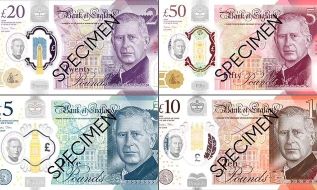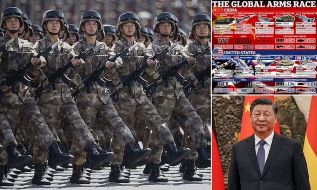Industri Otomotif Hadapi Banyak Hambatan
Automotive Industry Faces Many Obstacles
Reporter : Gatot Priyantono
Editor : Cahyani Harzi
Translator : Novita Cahyadi
 b.jpg)
Jakarta (B2B) - Pelaku industri otomotif tengah menghadapi bayak faktor negatif yang dapat menghambat pertumbuhan bisnisnya pada tahun ini.
Davy J. Tuilan, Marketing and Dealer Network Developtment PT Suzuki Indomobil Sales, agen tunggal pemegang merek (ATPM) Suzuki, mengatakan rencana penaikan bea masuk bahan baku baja akan semakin meperberat industri otormotif yang sudah dibebani penaikan sejumlah biaya.
Kenaikan biaya produksi karena dipicu kebijakan baru egulator seperti penaikan upah minimun, rencana penaikan tarif listrik industri, bea masuk anti dumping baja gulungan dan lembaran canai dingin (cold rolled coil/sheet) serta uang muka kredit dan melemahnya nilai tukar rupiah.
"Kini semakin banyak faktor negatif yang akan berimbas terhadap pertumbuhan industri otomotif nasional," katanya di Jakarta, Minggu (27/1/2013).
Menurutnya, rencana pengenaan bea masuk anti dumping baja gulungan dan lembar canai dingin mencapai sekitar 5,9%-74% dari nilai impor tersebut merupakan beban tersendiri dalam ongkos produksi, di samping kenaikan komponen biaya produksi yang lain.
Pengenaan bea masuk produk impor tersebut, lanjutnya, dengan sendirinya akan mendongkrak ongkos produksi otomotif sehingga berdampak menyebabkan terjadinya kenaikan harga kendaraan yang baru diluncurkan dari pabriknya.
"Seberapa besar dampaknya tergantung dari besarnya bea masuk itu, dan apakah dampaknya terhadap harga otomotif masih dapat diserap oleh elastisitas daya beli masyarakat." tegasnya.
Jakarta (B2B) - Automotive industry players are facing many negative factors which may hamper the business growth this year.
Marketing and Dealer Network Development for PT Suzuki Indomobil Sales, Suzuki Sole Agent, Davy J. Tuilan said the plan to increase steel raw material import duty will increase the automotive industry burden which is already facing difficulty by the increase in several costs.
The increasing production cost is triggered by the regulator’s new policy such as increased minimum wage, increased electricity rate plan, cold rolled coil/sheet anti-dumping import duty as well as the increased down payment policy and rupiah exchange rate weakening.
"A growing number of negative factors that will impact the growth of the national automotive industry," he said in Jakarta, Sunday (01/27/2013).
According to him, the plan to impose the anti-dumping import duty policy which reaching around 5.9% - 7.4% is burdening the production cost, besides increased other production cost component.
Such import duty imposition, he continued, will boost automotive production cost by itself, then increasing the price of new vehicles.
"How big the impact is depends on the size of the import duty, and whether the impact on the automotive price can still be absorbed by the purchasing power." he said.















